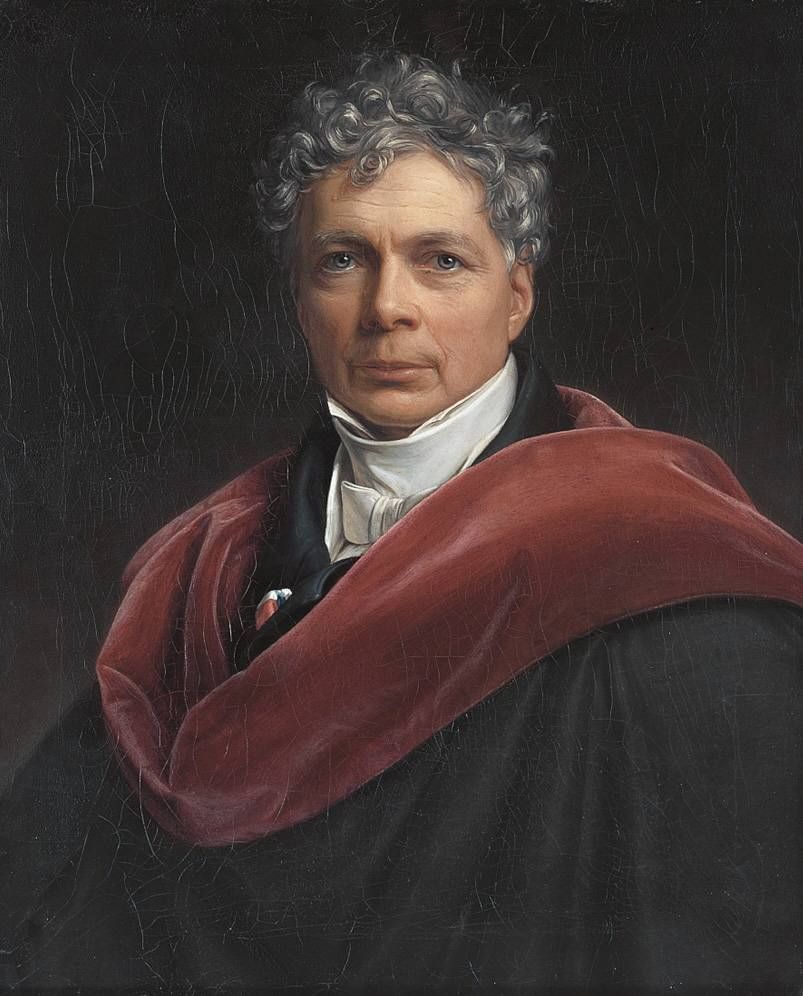System of Transcendental Philosophy (1800)
Contexto: How both the objective world accommodates to presentations in us, and presentations in us to the objective world, is unintelligible unless between the two worlds, the ideal and the real, there exists a pre-determined harmony. But this latter is itself unthinkable unless the activity, whereby the objective world, is produced, is at bottom identical with that which expresses itself in volition, and vice versa.
Friedrich Wilhelm Joseph von Schelling: Frases em inglês
Philosophy and Religion 1804)
System of Transcendental Philosophy (1800)
Philosophy and Religion 1804)
“All rules for study are summed up in this one: learn only in order to create.”
Alle Regeln, die man dem Studieren vorschreiben könnte, fassen sich in der einen zusammen: Lerne nur, um selbst zu schaffen.
On University Studies (1803), Third Lecture http://www.zeno.org/Philosophie/M/Schelling,+Friedrich+Wilhelm+Joseph/Vorlesungen+%C3%BCber+die+Methode+des+akademischen+Studiums/3.+%C3%9Cber+die+ersten+Voraussetzungen+des+akademischen+Studium. Cited by Patrick Dunleavy, Authoring a PhD (Basingstoke: Hampshire: Palgrave Macmillan, 2003), p. vi.
On University Studies (1803)
Die Scheu vor der Spekulation, das angebliche Forteilen vom bloß Theoretischen zum Praktischen, bewirkt im Handeln notwendig die gleiche Flachheit wie im Wissen. Das Studium einer streng theoretischen Philosophie macht uns am unmittelbarsten mit Ideen vertraut, und nur Ideen geben dem Handeln Nachdruck und sittliche Bedeutung.
Vorlesungen über die Methode des akademischen Studiums ( Seventh Lecture http://www.zeno.org/Philosophie/M/Schelling,+Friedrich+Wilhelm+Joseph/Vorlesungen+%C3%BCber+die+Methode+des+akademischen+Studiums/7.+%C3%9Cber+einige+%C3%A4u%C3%9Fere+Gegens%C3%A4tze+der+Philosophie,+vornehmlich+den+der+positiven+Wissenschaften), Friedrich Wilhelm Joseph von Schellings sämmtliche Werke, V, 1859, p. 277 http://babel.hathitrust.org/cgi/pt?q1=%22nur%20Ideen%20geben%22;id=uva.x002624295;view=1up;seq=301;start=1;sz=10;page=search;num=277.
On University Studies (1803)
Philosophy and Religion 1804)
Philosophy and Religion 1804)
Philosophy and Religion 1804)
Philosophy and Religion 1804)
Philosophy and Religion 1804)
System of Transcendental Philosophy (1800)
